
CLOUD TERRE




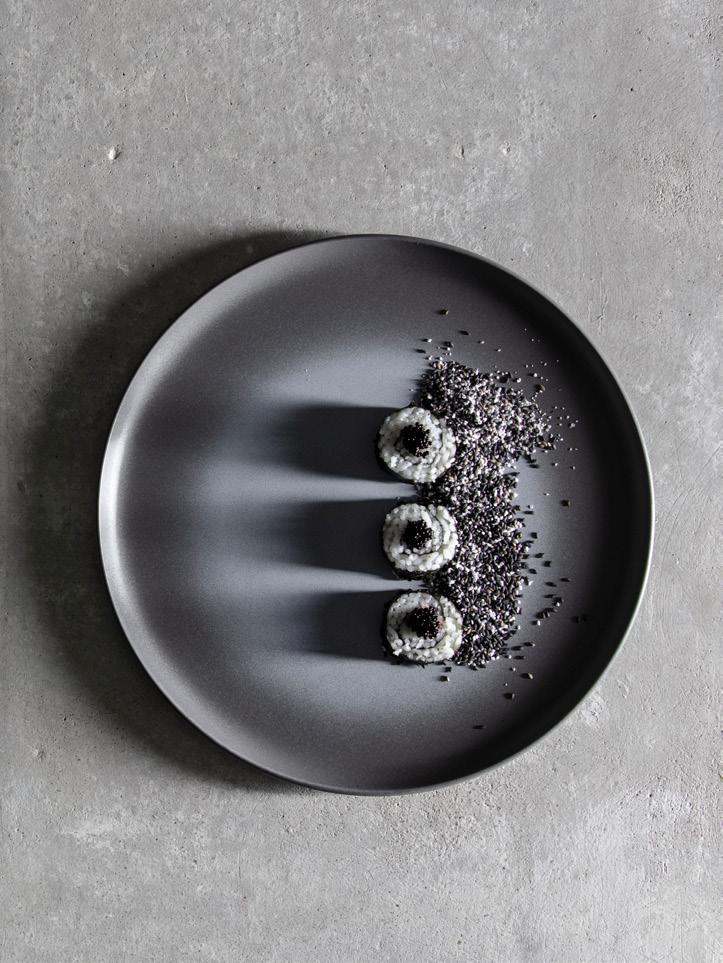

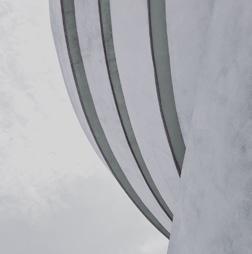
Founded by designer and ceramicist Amber Kendrick in 2009, Cloud Terre originates from her multi-disciplinary background in architecture, ceramics, and dance. Through a non-linear artistic journey, Kendrick perfected a bespoke approach to tableware design for the culinary world. Blending context and environment into every form, while balancing functionality and aesthetics, Cloud Terre delivers one-of-a-kind dining experiences.

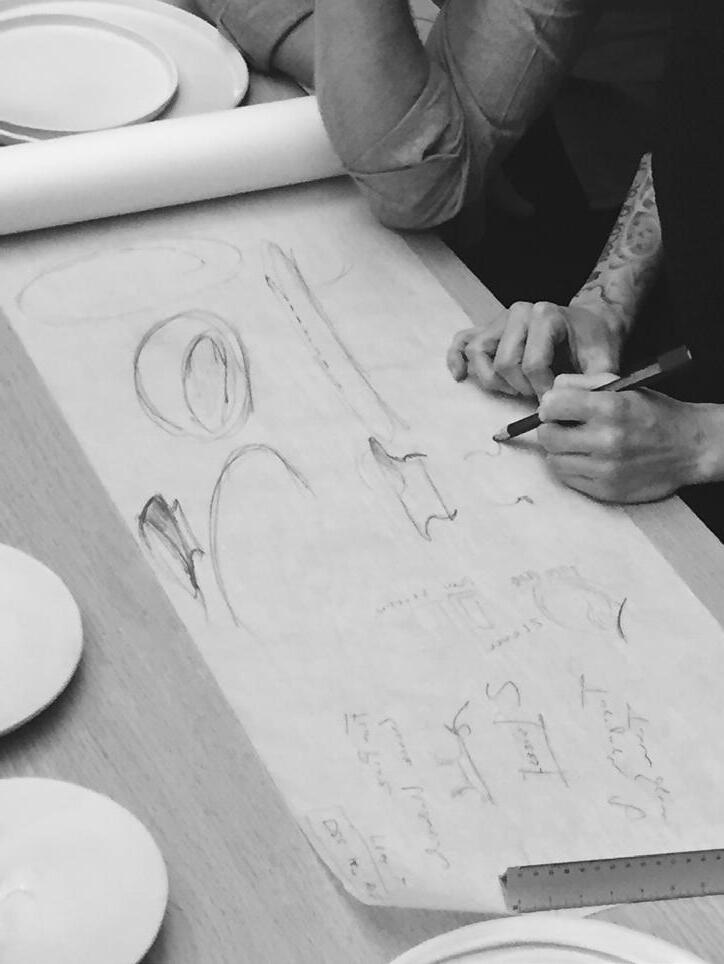

THROUGH




THOUGHTFUL DESIGN luxury is in the craft luxury is in the details,

The philosophy of design is rooted in warm minimalism, where simplicity and essential human elements like touch and sight are in balance with spatial needs. Attention is placed on the details of the object, exposing the beauty of raw materials and the thoughtful interactions we have with each object.


A thoughtful and meticulous design process brings out the natural beauty of raw materials. Using an architectural approach which considers the structural and aesthetic aspects, as well as how the piece interacts with its environment while emphasizing both form and function. Perfecting every detail through constant sketching, Cloud Terre creates not only beautiful but intuitively usable objects.
Tableware emerges through constant sketching and an architectural design process.
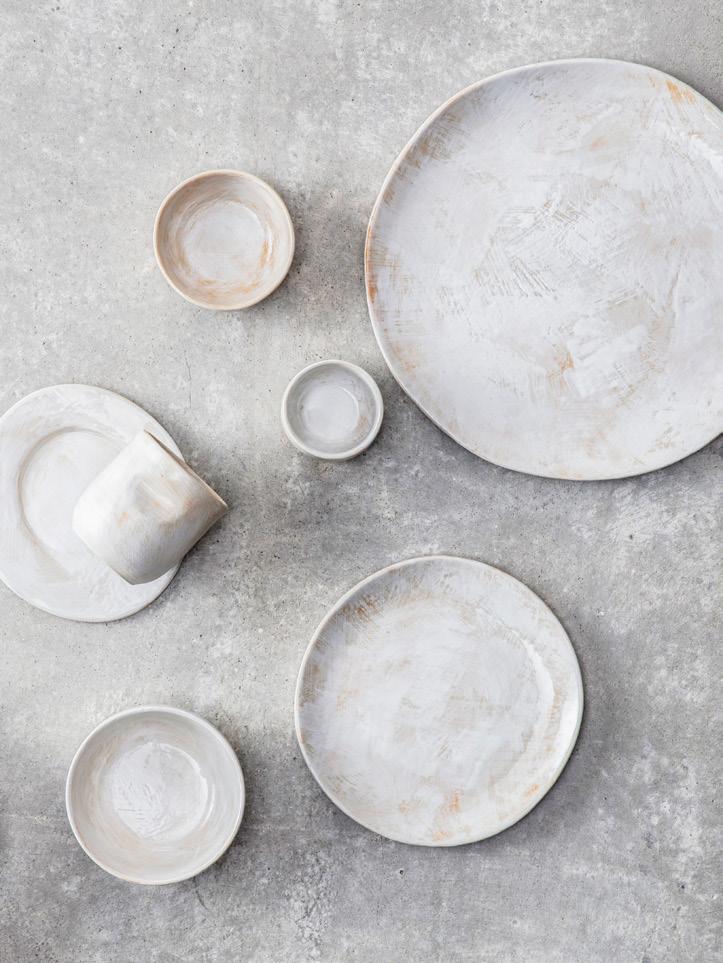
Skilled artisans in both our production studio in Virginia and in our overseas facilities bring Amber’s designs to life. From hand applied glaze to sculptural forms, the quality of craftsmanship is in the details.
Artisans in our Virginia bespoke production studio make custom pieces by hand using traditional ceramic techniques.

Striving to minimize environmental impact and reduce the use of raw materials, clay shavings and biscuit are reincorporated back into production. While some waste in production glaze is inevitable, our Ashburn, Virginia, and Collection Nº3 production facilities collect, treats, and transforms this waste into an entirely new glaze for use on other products.

The Cloud Terre® and FORTESSA® story is quite serendipitous. While researching chefs on Instagram, we noticed a Fortessa customer excitedly unveiling a Cloud Terre dinner plate that beautifully showcased his dish. Impressed with the uniquely designed pieces in the video, we reached out for a meet-and-greet with the founder of Cloud Terre Studio, Amber Kendrick. Out of that conversation, we learned of our shared ideals of performance, innovation, and experience-driven design—resulting in a new partnership, strong bond, and industry-leading brand.
Cloud Terre x FORTESSA brings a bespoke approach to the tableware industry by combining the beauty of traditional craft pottery with a refined design methodology. This methodology considers every element when creating a piece: how it will be used and stored, it’s durability, and even the subtle sound it will make as it’s placed on a table.
Designed in North America and manufactured with proprietary glaze recipes either in our Ashburn, Virginia ceramics studio or with our production partners overseas, each piece has an artisanal look and feel. Cloud Terre x FORTESSA dinnerware enables everyone to experience Amber’s unique design vision.

Inspired by years of creative collaboration with chefs, Collection N°1 draws on Amber’s background in architecture, ceramics, and performing arts. All pieces are hand finished, creating subtle surface differences for a one-of-a-kind dining experience.




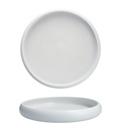

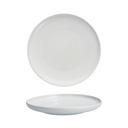






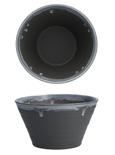


Inspired by the weathered look of aged Mediterranean architecture, Collection N°2’s hand-brushed surface creates a layered aesthetic in two tones of white, revealing terra cotta tones beneath.



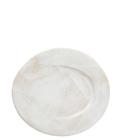
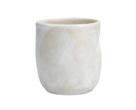





Embracing the spirit of slow living on the relaxed Italian coastline, Collection N°3 connects environmentally responsible ceramic production with a luxury design experience.
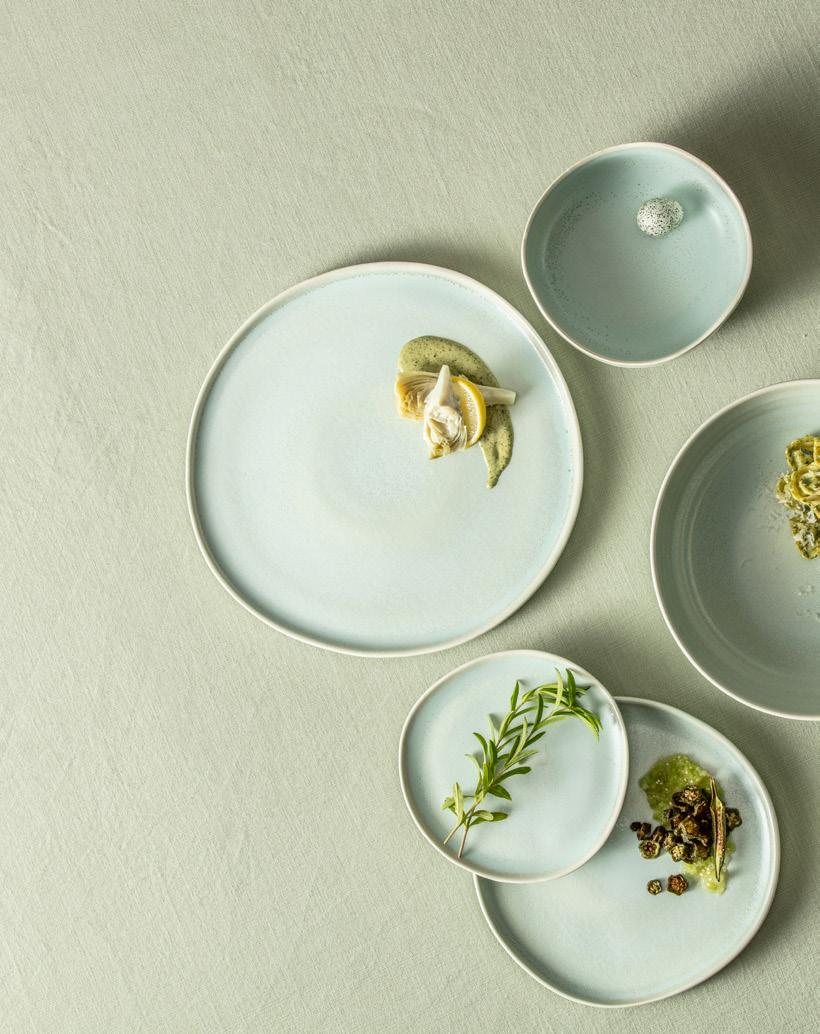
Crafted in Portugal from a composite of locally-sourced raw materials and recycled clay, you can indulge in a truly mindful journey, where beauty meets sustainability.
The crystalline reactive glaze weaves through the matte surface.

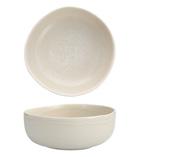
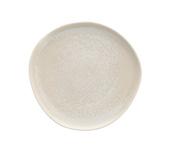





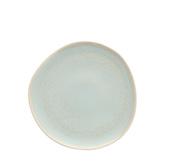



Taking the design conversation outdoors, La Côte captures the aesthetic and thoughtful design of Cloud Terre in break-resistance melamine. Drawing inspiration from the palettes found in Italian and Grecian coastal towns, washes of color fade into a white horizon on simple couples, finding harmony where function and craft intersect.

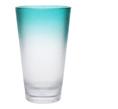

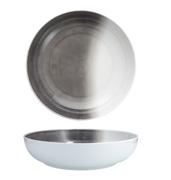




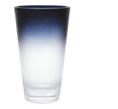

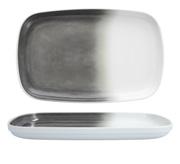

I take an architectural approach to design, thinking about it the same way I think about architecture— the static elements, the materiality, humanistic elements such as movement and flow. I consider the tactile, visual, and acoustic elements that are the structure behind the piece and how the sculptural piece operates. You would never think about architectural design without thinking about a person moving through or occupying the space. I am always considering the whole purpose of the piece as a vessel for food presentation.
I like to describe my approach as thoughtful design. The design changes based on who the piece is for, but the process is always the same. I start with sketches and a lot of daydreaming. Then, I start prototyping with the form and surface simultaneously. I don’t like the concept of applying a surface, I like the idea of a ceramic piece having a surface. The surface is built into the design, it’s not just the glaze, it’s also texture. Sometimes, it’s just the clay body that’s the surface, you polish the clay, making it smooth, almost like marble because that’s what the design is asking to be.

Architecture, materiality, design details, travel.
When I travel, I wander, absorbing the architecture, walking into restaurants, hotels, and shops to experience the design, textures, and colors*. I’m inspired by food and experiences at restaurants. There’s a performative quality when you dine out that reminds me of the theater or a dance. Lighting, acoustics, and interior design set the stage. There is language, the language of the food, the conversations around you that add to the environment. Then, this intricate dance happens between the people dining, the movement of the service around them, lighting, and the spatial layout of the restaurant – it’s a choreographed experience. Even approaching the restaurant has a magical quality I find inspiring. A quiet Georgetown cobblestone alley as you approach Reverie or the horizontal layers of the Williamsburg bridge as you walk up to Aksa adds to the experience.
On a basic level, architecture, travel, dance, and movement inform design for me.
I think of tableware as an architectural moment, a sculpture that goes on the table with other pieces and how those pieces interact. I think about the humanistic qualities; sound, feel, movement, space, materiality, texture, feel of the piece in the hand, how it will rest on the table or stack for storage. These are all taken into consideration when I start sketching and prototyping.
There was never a moment when I thought, “Oh, I’m interested in design”. I’ve been interested since I was two. From an early age I looked at design solutions. Design is everywhere, it is overwhelming, it is a neurotic obsession.
In the mid 1980’s when I was about 5, one night my parents, who worked together, were working late on a proposal for a black program in artificial intelligence. Without childcare for the night, they brought me into the office with them. They had
bought me a giant Barbie pool house to build while they were working. My parents were working in a secure room with scientists and engineers, of course I wasn’t allowed in the classified space, so I was in the Contracts Manager’s office. Occasionally, the software engineers and AI scientists would come by to take a break and play with me and the Barbie pool. The engineers and scientists, mostly PhDs from prestigious schools like MIT and Stanford, kept modifying the Barbie pool! I think that’s when I started looking at design solutions.
A lot later, not until 2009. In architecture school, I worked with wood and metal but never ceramics. Ceramics were a defining moment of spending time with my mom who had a ceramics studio. One day she said, “Do you want to come to the studio with me?” I had just moved back to the East coast from San Francisco where I worked in architecture and structural engineering. So, of course I went with her. I spent the entire weekend sitting at the wheel until I learned how to throw. It took three days, and I was hooked.
I learned by trial and error. Sometimes I attended ceramic intensives, where I lived in a cabin and trained under someone. I traveled around taking workshops while at the same time working alongside my mom in her studio.
At a certain point in 2010 I met Johnny Spero who introduced me to tableware. Until then, I was just throwing, having fun, and exploring material. Johnny had just returned from staging at Noma where they used gorgeous handmade plates. He asked if I could do anything like that and the rest is history.
Teapots! I’m entertaining the idea of teapots right now [laughs]. It’s very difficult. They are very specific. A teapot has a specific function and form—you know what it’s for. For example, Japanese teapots have very distinctive, identifiable shapes. Trying to reapproach the idea of a teapot is fascinating to me.
FORTESSA

Fax: 703-787-6645
info@fortessa.com
fortessa.com @fortessatableware